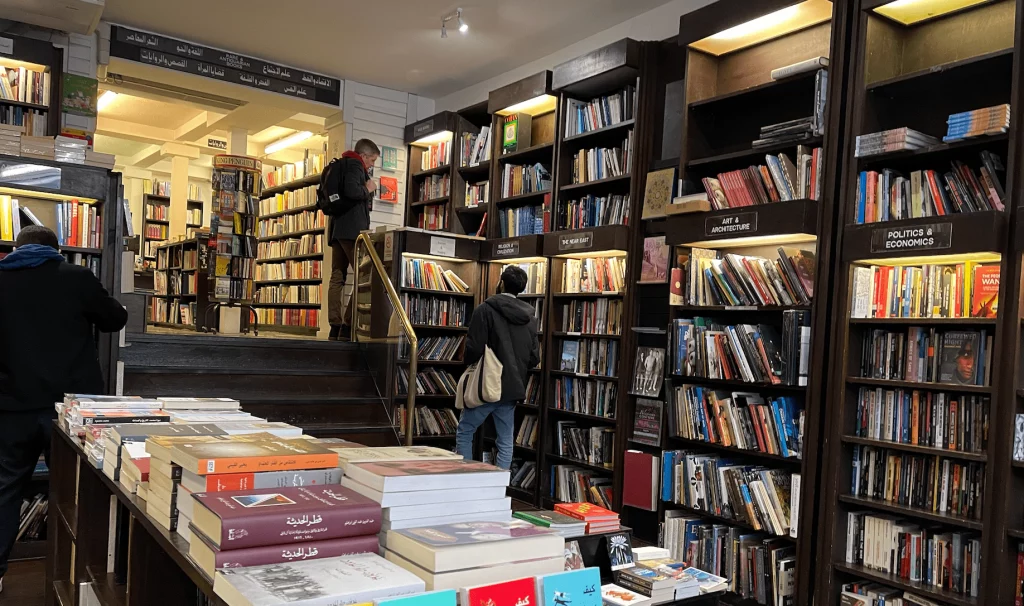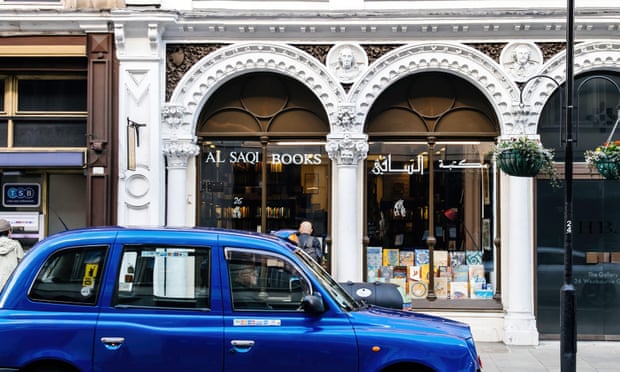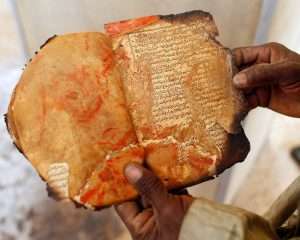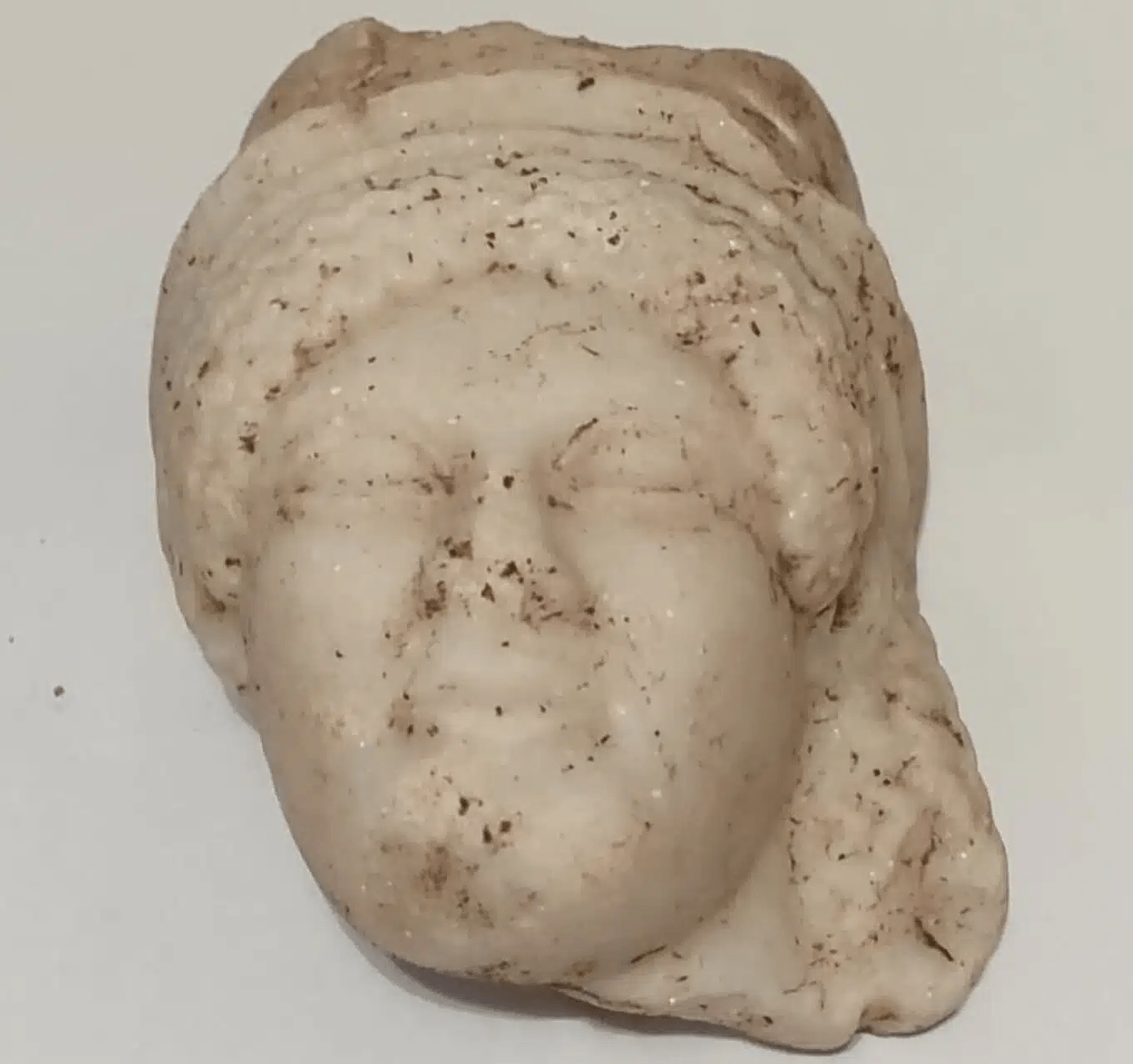Landmark London Arabic bookshop to shut after 45 years

Both the pandemic and the collapse of the Lebanese economy claim yet another victim, this time in the form of an historic Arabic London book shop, which looks to close after 45 years in service.
Salwa Gaspard gazes fondly at the hundreds of Arabic-language books displayed on dark wooden shelves, putting some back in place while exchanging a few words with customers.
In just a few days’ time, her London bookshop, known to literary enthusiasts throughout the Middle East, will close for good.
Al Saqi Books is another victim of the pandemic, and the economic upheaval in the UK and Lebanon, from where Gaspard and her husband Andre’s publishing house prints and ships most of its books.
Since they opened the bookshop in a white colonnaded building not far from Paddington railway station in west London in 1978, it has become a must-see for visitors from the Middle East.
“They would go to Oxford Street (the main shopping street), to Knightsbridge (the area around the famous Harrods shop) and to Al Saqi,” she said.
In Arabic, Al Saqi means a water carrier in the desert, the 74-year-old bookseller said, describing it as a “perfect name”.
“We thought it was a very nice name for a bookshop, because we were carrying Arabic culture,” she added.

The bookshop also sells English-language publications on the Arab world “to give them a different idea of the Middle East, which is not about the violent images they see on TV, or they read in the newspaper”, she said.
The bookshop’s success helped the couple to set up a publishing company, initially translating Arab works into English, such as “The Crusades Through Arab Eyes” by French-Lebanese author Amin Maalouf.
For more than 40 years, many writers have come to the London bookshop to present their works, including Syrian poet Adonis.
It also became a meeting place, even a “refuge”, for those uprooted by conflict and turmoil in the Middle East.
But Al Saqi Books always fiercely defended its independence and open-mindedness.
“It was like a safe haven. But also it was like they felt they were with friends who could understand them, because we all understood what was happening,” said Gaspard.
Even though the owners have always been careful to stay out of politics, the bookshop has not escaped the jolts of geopolitics.
In 1988, when Salman Rushdie’s “The Satanic Verses” was published, the bookshop’s window was smashed.
But Gaspard said: “We never believed in censorship… we didn’t want to ban anything.”
The couple were also attacked when they published Israeli Abba Eban’s translation of a work by the Egyptian author Tawfiq al-Hakim.
She recalled outrage, as the book came out before the peace process but she said it was simply an “intellectual union” between and Egyptian and an Israeli.
Want to chase the pulse of North Africa?
Subscribe to receive our FREE weekly PDF magazine














